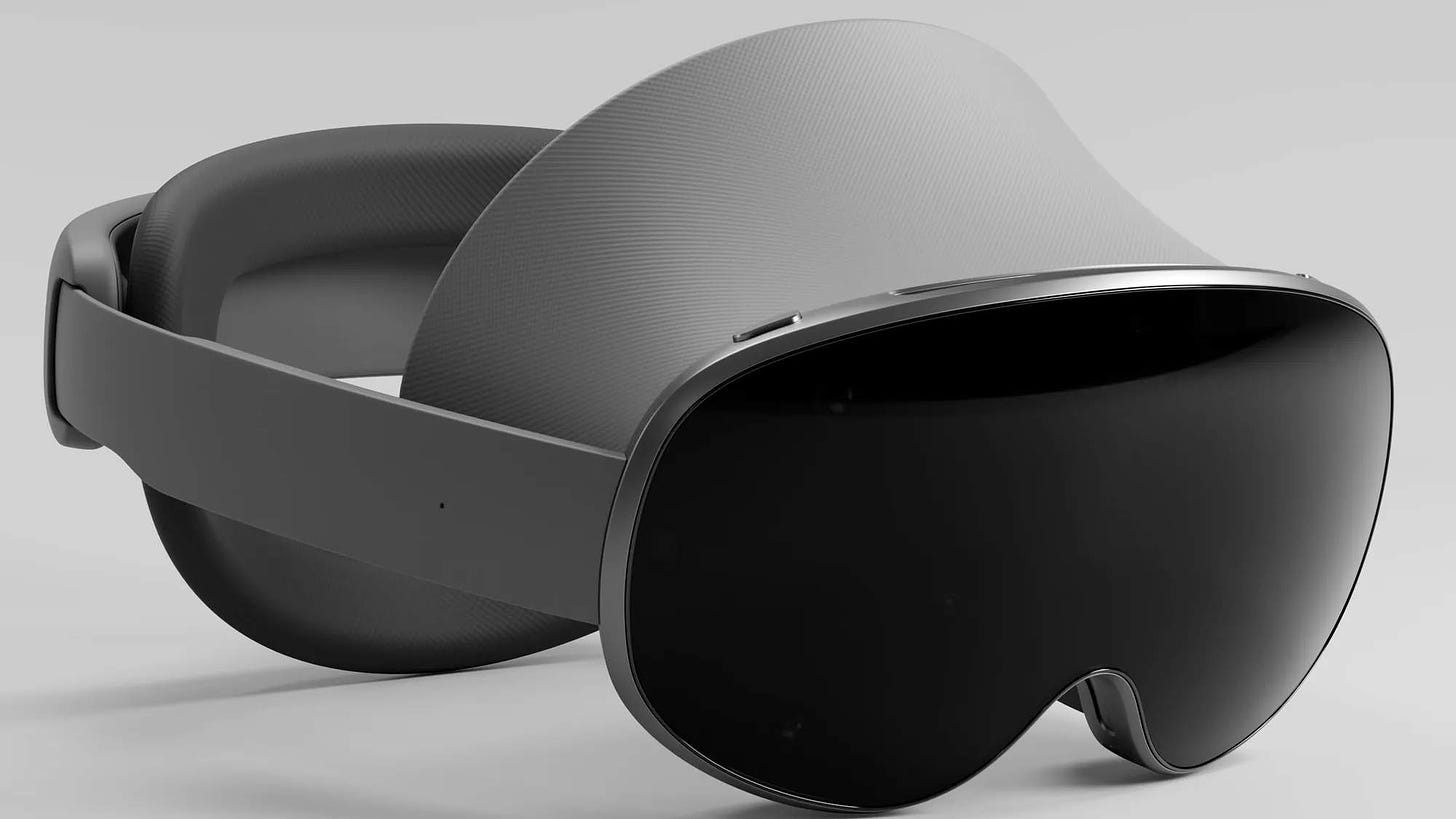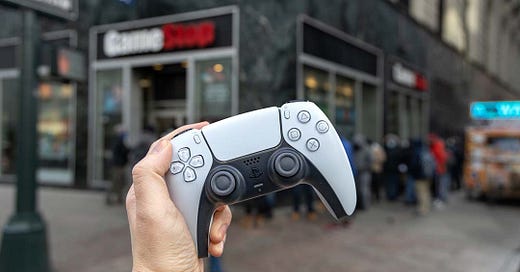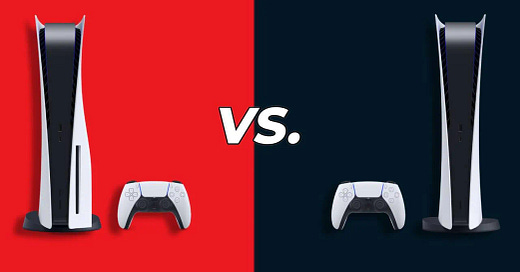
Meta Quest 3 and Apple Vision Pro just got fresh competition from Google and Samsung
Google and Samsung are teaming up to create a Vision Pro-like headset
🤝 Google and Samsung are teaming up to enter the mixed-reality market
🤖 Google has created an XR version of Android
🥽 And Samsung will ship an Apple Vision Pro-like headset next year
👍 Both companies have dabbled with VR and AR in the past but believe the time is now right to reenter the market
Google and Samsung are joining forces to create a mixed-reality headset that will bring new competition for Meta and Apple to worry about. Google will provide a version of its Android software for XR, while Samsung will build the headset, codenamed Project Moohan, which means infinite in Korean.
That’s according to Bloomberg’s Mark Gurman, who says that Google hopes its new VR/AR optimized version of Android will lead to more companies creating their own virtual reality devices. Google says that Sony, Xreal Inc. and Lynx Mixed Reality have all agreed to build VR devices using the company’s new operating system.
“The time for XR is now,” said Google executive Sameer Samat, who oversees the Android ecosystem. “We’re not strangers to this space. The technology wasn’t quite ready at the time, but we never stopped believing in the vision of what XR could be.”
Samat was referencing Google’s ill-fated wearable, Google Glass, a device which paved the way for Meta’s Ray-Ban smart glasses. Google also created Cardboard, an app that let you try virtual reality from your phone, and a VR headset called Daydream. Google discontinued both products.
Samat said that Google has been developing Android XR for several years, but they paused the project to rebuild the software around AI.
Samsung was also one of the first companies to embrace VR with its Gear VR headset and controller. It let you watch 360 videos, play games, and use your mobile phone as the display for the HMD. It was made in collaboration with Oculus VR, which was later acquired by Meta.
Samat said that Google has been developing Android XR for several years, but they paused the project to rebuild the software around AI. You’ll be able to analyze objects using a headset’s external cameras to receive information about it, for example.
A developer-focused even takes place in New York this Thursday, which will showcase the benefits of Android XR to potential partners. Samsung’s Project Moohan headset will be the first Android XR product to market, and will launch sometime next year.
Is Google setting its sights directly on the Apple Vision Pro, then? Not according to Samat. “The Apple Vision Pro is an amazing device, but it’s one device,” Samat said. “We see a range of devices that will solve different problems in the ecosystem.”
Samsung headset hands-on impressions
According to Gurman, who went hands-on with Samsung’s headset, it shares a lot of similarities with the Apple Vision Pro but “feels lighter and more comfortable to wear for extended periods of time”. Gurman also said Samsung’s device appears to have a larger field of view than the Vision Pro.
Won-Joon Choi, head of research and development at Samsung’s mobile division, says the company has prioritized comfort when building its headset.
“We’ve done tons of studies” using people’s head data and simulations, said Choi, adding that “first impressions are very important.”
It seems like the Korean company will undercut the Apple Vision Pro’s $3,499 price.
Samsung didn’t reveal how much its headset will cost or the exact time it will go on sale, but it seems like the Korean company will undercut the Apple Vision Pro’s $3,499 price.
“We’re doing a lot of research on what price point customers will feel comfortable paying,” Choi said. Gurman said that a Samsung representative also said that the company is “fully aware” that high prices have previously prevented VR and AR from being widely adopted.
While its specs will probably be subject to change, Samsung said its VR headset will be powered by Qualcomm Inc’s XR2 Gen 2 chip, the same SoC found inside the Meta Quest 3 and Quest 3S.
As for Google, it ruled out developing a headset of its own and Samsung has said it isn’t interested in developing its own XR operating system. For now, the two companies are happy to help one another out.
Adam Vjestica is The Shortcut’s Senior Editor. Formerly TechRadar’s Gaming Hardware Editor, Adam has also worked at Nintendo of Europe as a Content Marketing Editor, where he helped launch the Nintendo Switch. Follow him on X @ItsMrProducts.

















